The farm & its animals

The role of space and movement in animal living conditions
Space and movement play crucial roles in shaping the living conditions of animals, both in their natural habitats and in captive environments. The intricate relationship between an animal’s spatial requirements and its ability to engage in natural locomotion patterns significantly…
Read more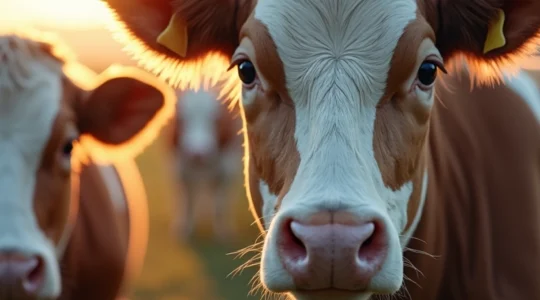
How daily farm practices contribute to animal health
Modern livestock management is a complex and nuanced field where daily practices play a crucial role in maintaining and improving animal health. As the agricultural sector evolves, farmers and veterinarians are increasingly adopting evidence-based approaches to ensure the well-being of…
Read more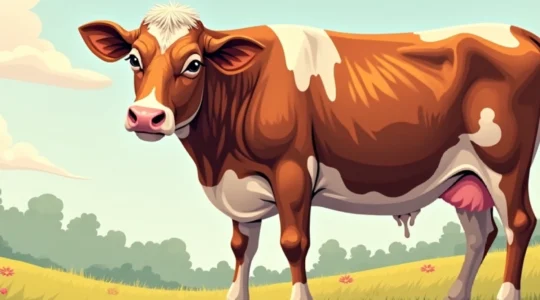
How animals’ feed influences the quality of dairy and meat products?
The quality of dairy and meat products is intrinsically linked to the nutrition of the animals that produce them. As consumers become increasingly conscious of what they eat, understanding the relationship between animal feed and the resulting food products has…
Read more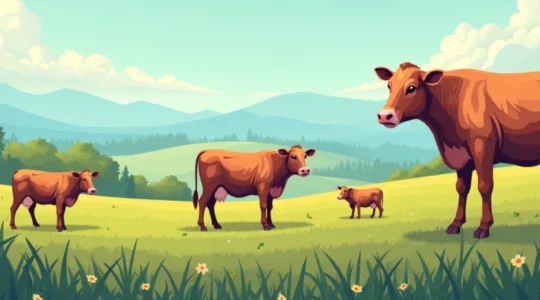
How selective breeding improves livestock performance
Selective breeding has been a cornerstone of livestock improvement for centuries, but modern advancements in genetics and biotechnology have revolutionised the field. By carefully choosing animals with desirable traits to reproduce, farmers and breeders can enhance the overall quality, productivity,…
Read more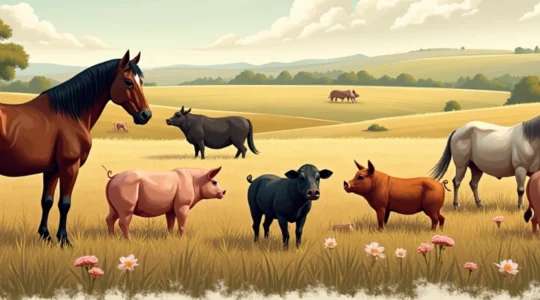
Meet the classic farm animals: roles, traits, and fun facts
Farm animals have been an integral part of agricultural landscapes for millennia, each species playing a unique and vital role in the ecosystem of a working farm. From the gentle lowing of cattle to the energetic clucking of chickens, these…
Read more
How weather affects animal behavior and housing needs
The intricate relationship between weather patterns and animal behavior is a fascinating aspect of ecological studies. From microscopic organisms to large mammals, every creature on Earth is influenced by atmospheric conditions. These weather-induced behavioral changes often necessitate adaptations in animal…
Read more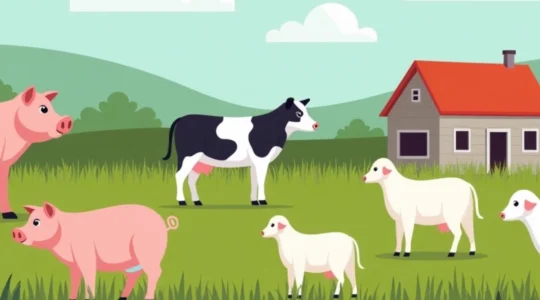
Best practices for animal welfare in agriculture
Animal welfare in agriculture is a critical aspect of modern farming practices, encompassing the physical and mental well-being of livestock. As consumers become increasingly conscious of the origins of their food, farmers and agricultural professionals are adopting comprehensive approaches to…
Read more
The role of farm animals in children’s education and development
Farm animals play a crucial role in children’s education and development, offering unique opportunities for learning, growth, and personal enrichment. From cognitive development to social-emotional skills, the interaction with farm animals provides a multifaceted approach to education that goes beyond…
Read more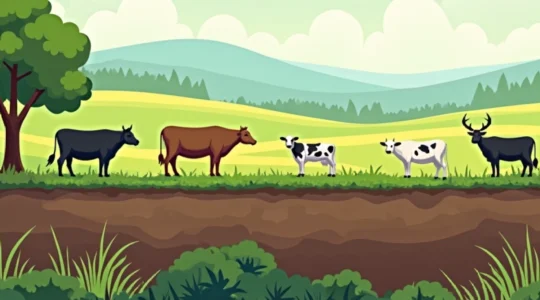
Pasture management: optimizing grazing for healthy animals
Effective pasture management is the cornerstone of sustainable livestock farming, playing a crucial role in maintaining animal health and maximizing productivity. By implementing advanced grazing strategies and leveraging cutting-edge technologies, farmers can optimize their pastures to provide high-quality forage while…
Read more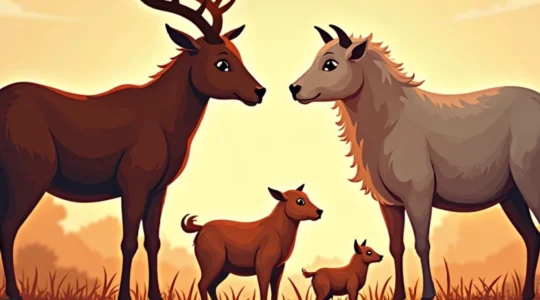
How mothering instincts vary among farm animals?
Maternal instincts play a crucial role in the survival and well-being of offspring across various farm animal species. These innate behaviours, shaped by millions of years of evolution, manifest differently among livestock, influencing everything from birth to weaning. Understanding the…
Read more